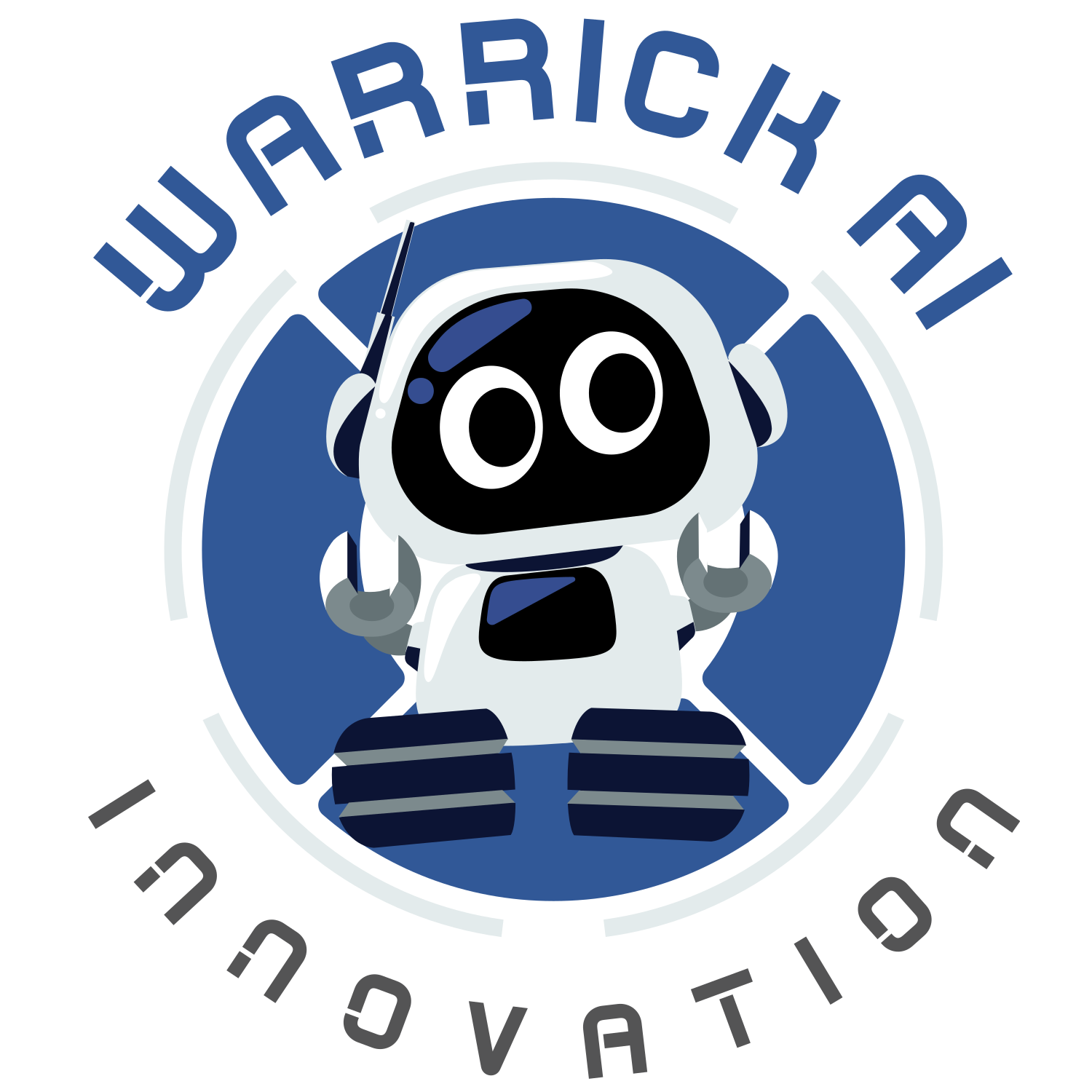- Staff training on AI tools and concepts
- Change management for AI adoption
- Executive education on AI strategy
- Data literacy programs
- AI ethics and responsible AI training
Warrick AI Training and Change Management: Empowering Human-AI Collaboration for Organizational Success
The successful implementation of AI technology extends far beyond technical deployment to encompass the fundamental transformation of how organizations operate, learn, and evolve. Warrick AI’s training and change management services recognize that sustainable AI adoption requires comprehensive workforce development, cultural transformation, and organizational restructuring that positions human talent to thrive alongside artificial intelligence.
Strategic Workforce Transformation
AI transformation represents more than technological adoption—it demands a complete reconfiguration of organizational capabilities and mindsets. Warrick AI’s approach to workforce transformation begins with comprehensive skills gap analysis that identifies current competencies, future requirements, and the learning pathways necessary to bridge the divide between present capabilities and AI-augmented roles.
The transformation strategy addresses both technical AI literacy and the evolving soft skills that become increasingly valuable in AI-augmented environments. While machines excel at data processing and pattern recognition, human workers develop enhanced capabilities in critical thinking, emotional intelligence, complex problem-solving, and creative innovation that complement rather than compete with AI systems.
Strategic workforce planning ensures that organizations develop talent acquisition, retention, and development strategies aligned with AI-driven business objectives. This includes identifying roles that will be transformed by AI, creating new positions that leverage human-AI collaboration, and establishing career pathways that enable employees to grow within an AI-augmented organizational structure.
Comprehensive Training and Upskilling Programs
Effective AI adoption requires targeted training programs that address diverse learning needs across organizational levels and functional areas. Warrick AI develops customized training curricula that range from AI literacy for senior executives to hands-on technical training for operational teams working directly with AI systems.
The training approach emphasizes practical application over theoretical knowledge, enabling employees to understand how AI tools enhance their specific job functions and responsibilities. This includes developing competency in AI prompt engineering, interpreting AI-generated insights, and integrating AI recommendations into decision-making processes.
Continuous learning frameworks ensure that training programs evolve alongside advancing AI capabilities and changing business requirements. This includes establishing internal AI communities of practice, mentorship programs, and knowledge-sharing platforms that foster organizational learning and innovation.
Change Management and Cultural Adaptation
Successful AI transformation requires comprehensive change management strategies that address employee concerns, resistance to technological change, and the cultural shifts necessary for human-AI collaboration. Warrick AI’s change management approach includes stakeholder engagement, communication strategies, and support systems that help employees navigate the transition to AI-augmented work environments.
The cultural transformation process emphasizes transparency about AI’s role in the organization, clear communication about job security and career development opportunities, and active involvement of employees in AI implementation decisions. This participatory approach builds trust and ensures that workforce concerns are addressed proactively rather than reactively.
Leadership development programs prepare managers and executives to guide AI transformation initiatives, manage hybrid human-AI teams, and create organizational cultures that embrace continuous learning and adaptation. This includes developing capabilities in AI strategy, performance management for AI-augmented roles, and ethical AI governance.
Personalized Learning and Development
Advanced AI systems enable personalized training experiences that adapt to individual learning styles, skill levels, and career objectives. Warrick AI leverages these capabilities to create customized learning pathways that optimize training effectiveness while minimizing time investment and organizational disruption.
The personalized approach includes skills assessment tools that identify individual strengths and development areas, adaptive learning platforms that adjust content delivery based on comprehension and progress, and performance tracking systems that measure training effectiveness and business impact.
Performance Measurement and Optimization
Comprehensive measurement frameworks track the effectiveness of training and change management initiatives, including employee engagement metrics, skill development progress, productivity improvements, and business outcomes. This data-driven approach enables continuous optimization of training programs and change management strategies.
Success metrics include both quantitative measures such as task completion rates and quality improvements, as well as qualitative indicators including employee satisfaction, confidence levels, and cultural adaptation. These comprehensive assessments ensure that training investments deliver measurable business value while supporting employee development and organizational transformation.
Through integrated training and change management services, Warrick AI ensures that organizations develop the human capabilities necessary to maximize AI investments while creating work environments where technology amplifies rather than replaces human potential.
